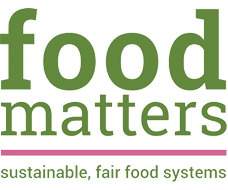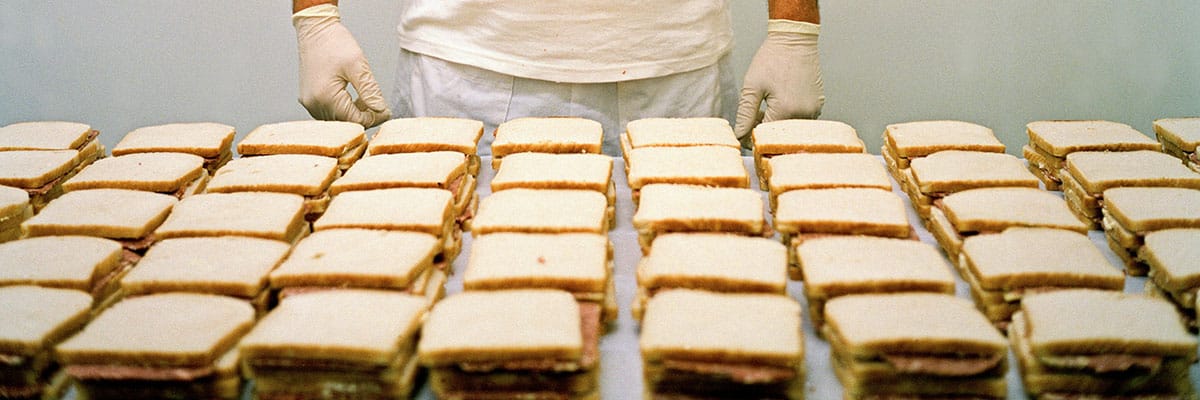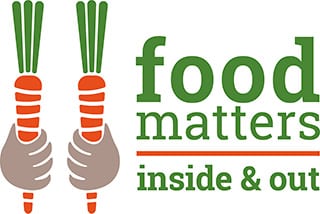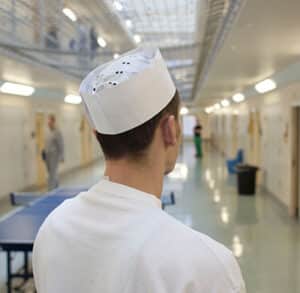What is a rehabilitative culture within prison, and what role can food play in achieving this?
On the 8th May we held our first ‘Food Matters in Prisons’ webinar, exploring what a rehabilitative culture is and how food can help achieve this.
‘Rehabilitative culture’ is an aspiration for many prisons in the UK. It is one where all aspects of the prison culture support rehabilitation, creating an environment that gives people the opportunity to change; addresses the reasons why they commit crime; and helps them have a better way of living, through thinking and acting differently. This is a mindset that prioritizes rehabilitation over punishment, recognising how this can lead to lasting positive outcomes for those in prison and society as a whole.
But how can food play a crucial role in fostering a rehabilitative environment in prisons? The quality, nutritional value, and overall experience of food within prisons can significantly impact the rehabilitation process. From promoting mental and physical well-being, to fostering a sense of dignity and respect, to providing a sense of autonomy – better prison food is integral to rehabilitative culture.
Joined by Helen Sandwell (Food Matters), Hindpal Singh Bhui (HM’s Inspectorate of Prisons), Sarah Lewis (Penal Reform Solutions), and Yvonne Thomas (The Clink Chairty), we explored this topic in depth, hearing from their first-hand experiences working in the prison estate. Watch the full webinar below, and sign up to our newsletter here to find out first about any upcoming Food Matters in Prisons webinars.
What is a rehabilitative culture within prison, and what role can food play in achieving this?
On the 8th May we held our first ‘Food Matters in Prisons’ webinar, exploring what a rehabilitative culture is and how food can help achieve this.
‘Rehabilitative culture’ is an aspiration for many prisons in the UK. It is one where all aspects of the prison culture support rehabilitation, creating an environment that gives people the opportunity to change; addresses the reasons why they commit crime; and helps them have a better way of living, through thinking and acting differently. This is a mindset that prioritizes rehabilitation over punishment, recognising how this can lead to lasting positive outcomes for those in prison and society as a whole.
But how can food play a crucial role in fostering a rehabilitative environment in prisons? The quality, nutritional value, and overall experience of food within prisons can significantly impact the rehabilitation process. From promoting mental and physical well-being, to fostering a sense of dignity and respect, to providing a sense of autonomy – better prison food is integral to rehabilitative culture.
Joined by Helen Sandwell (Food Matters), Hindpal Singh Bhui (HM’s Inspectorate of Prisons), Sarah Lewis (Penal Reform Solutions), and Yvonne Thomas (The Clink Chairty), we explored this topic in depth, hearing from their first-hand experiences working in the prison estate. Watch the full webinar below, and sign up to our newsletter here to find out first about any upcoming Food Matters in Prisons webinars.





